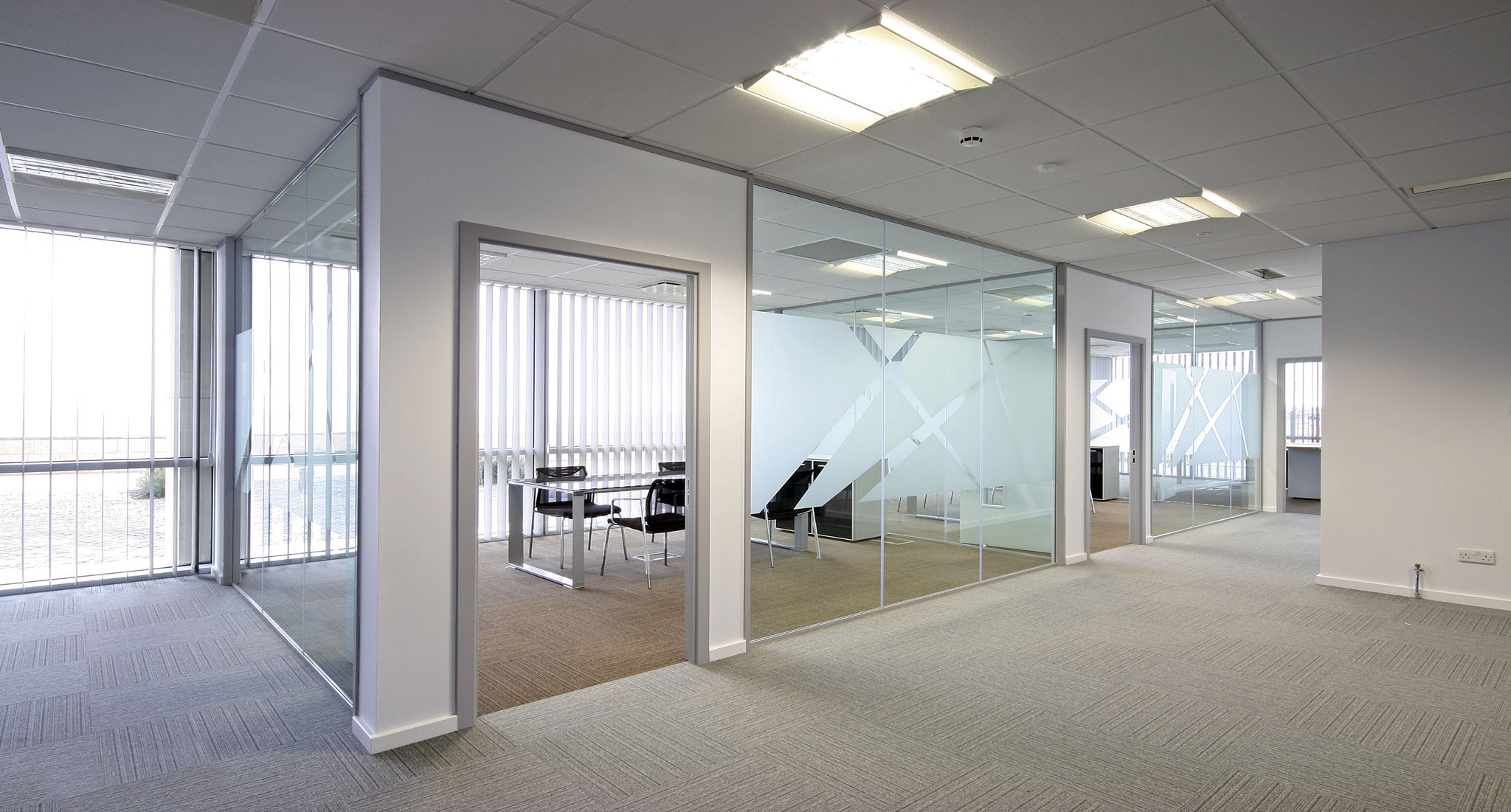Comprehensive Guide to Smart Glass Technology in London
Understanding Smart Glass Technology
Smart glass technology is revolutionizing the way we interact with our built environments, offering dynamic control over the transparency and appearance of glass surfaces. In London, this cutting-edge technology is being increasingly adopted in both residential and commercial settings to enhance energy efficiency, privacy, and aesthetics. But what exactly is smart glass, and how does it work?
At its core, smart glass, also known as switchable glass or dynamic glass, uses various technologies such as electrochromic, photochromic, and thermochromic coatings to change its light transmission properties. These changes can be manually controlled or automated based on environmental conditions. This capability allows for optimal natural lighting and temperature regulation within a space.

Applications of Smart Glass in London
London's diverse architectural landscape has become a fertile ground for the application of smart glass technology. From modern office buildings in the City to avant-garde residential developments in Chelsea, smart glass is being used to create adaptable and energy-efficient spaces. Here are some key applications:
- Commercial Buildings: In office environments, smart glass is used to create flexible meeting rooms and reduce glare from natural sunlight while maintaining a connection to the outside world.
- Residential Spaces: Homeowners are leveraging smart glass to enhance privacy without sacrificing natural light, especially in urban areas where space and privacy are at a premium.
- Public Structures: Museums and galleries utilize smart glass to protect artworks from harmful UV rays while offering visitors an uninterrupted view of the exhibits.

Benefits of Smart Glass Technology
The benefits of smart glass technology extend beyond its aesthetic appeal. One of the primary advantages is its ability to significantly reduce energy consumption. By controlling the amount of sunlight that enters a building, smart glass can help maintain a stable indoor temperature, reducing the need for air conditioning and heating.
Moreover, smart glass offers enhanced privacy without the need for blinds or curtains. This feature is particularly beneficial in urban environments like London, where space is limited, and maintaining privacy can be challenging. Additionally, smart glass can contribute to soundproofing, creating quieter indoor environments.

The Future of Smart Glass in London
As the demand for sustainable and adaptive building solutions grows, the future of smart glass in London looks promising. With the city's commitment to reducing carbon emissions and promoting green building practices, smart glass technology is likely to play a critical role in shaping future architectural projects.
Innovation in smart glass technology continues to advance, with researchers exploring new materials and methods to improve its efficiency and functionality. As these advancements become commercially available, we can expect even greater integration of smart glass in London's urban fabric.
Challenges and Considerations
Despite its numerous advantages, smart glass technology is not without challenges. The initial cost of installation can be higher compared to traditional glass options. However, the long-term energy savings and increased property value often justify this investment.
Another consideration is the potential need for maintenance and repair. As smart glass involves electronic components, ensuring these systems remain operational over time is crucial. Working with reputable suppliers and installers in London can help mitigate these concerns.
Conclusion
Smart glass technology represents a significant leap forward in building design and functionality. As London continues to grow and evolve, embracing such innovative solutions will be key to creating sustainable, efficient, and adaptable spaces that meet the needs of its residents and businesses.
Whether you're a property developer, architect, or homeowner, understanding the potential of smart glass technology can help you make informed decisions about integrating this exciting innovation into your projects.
